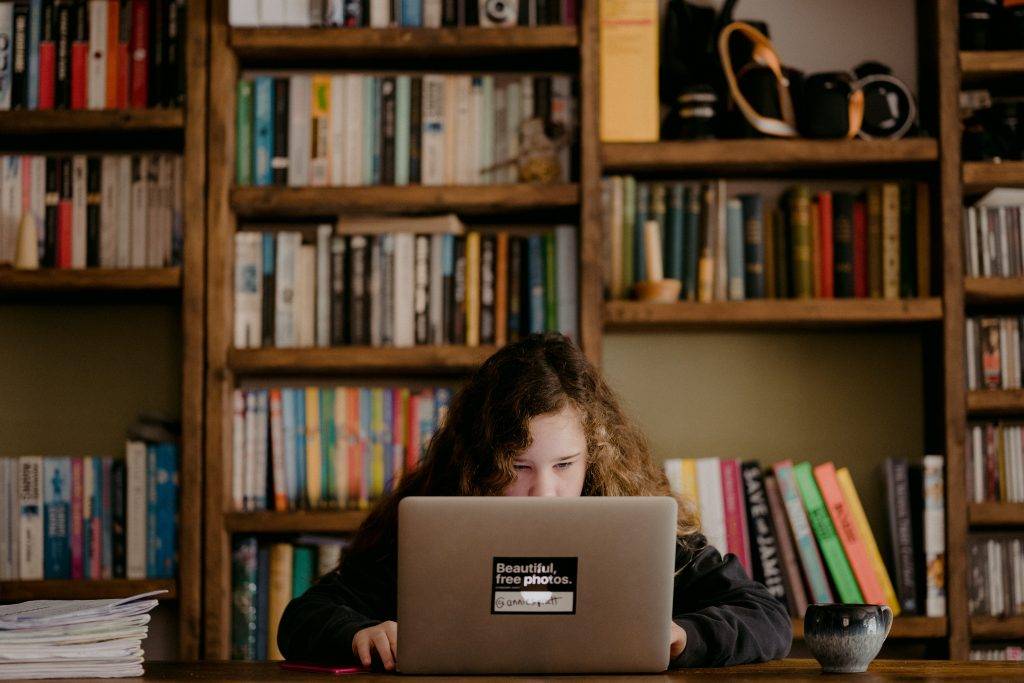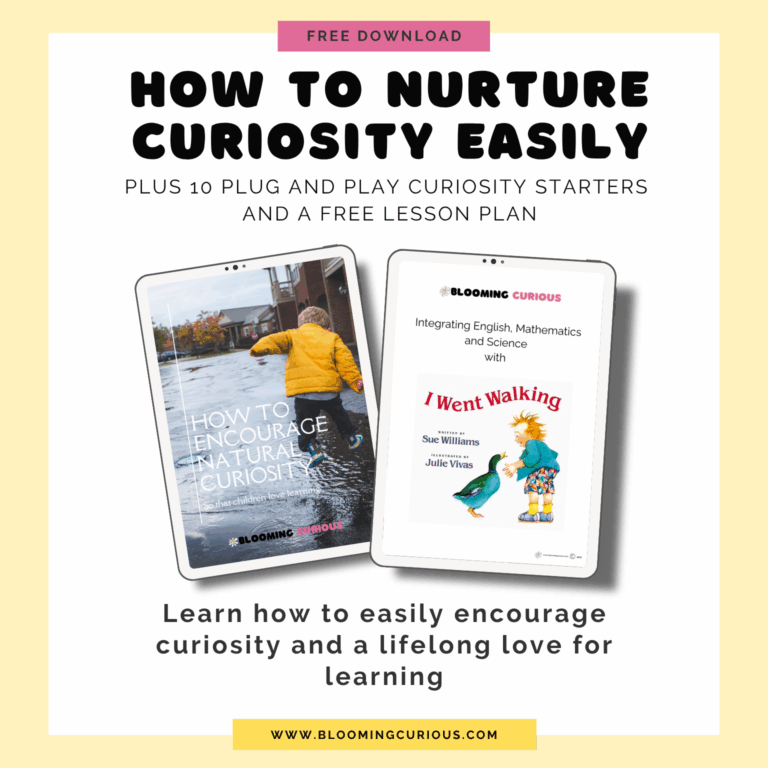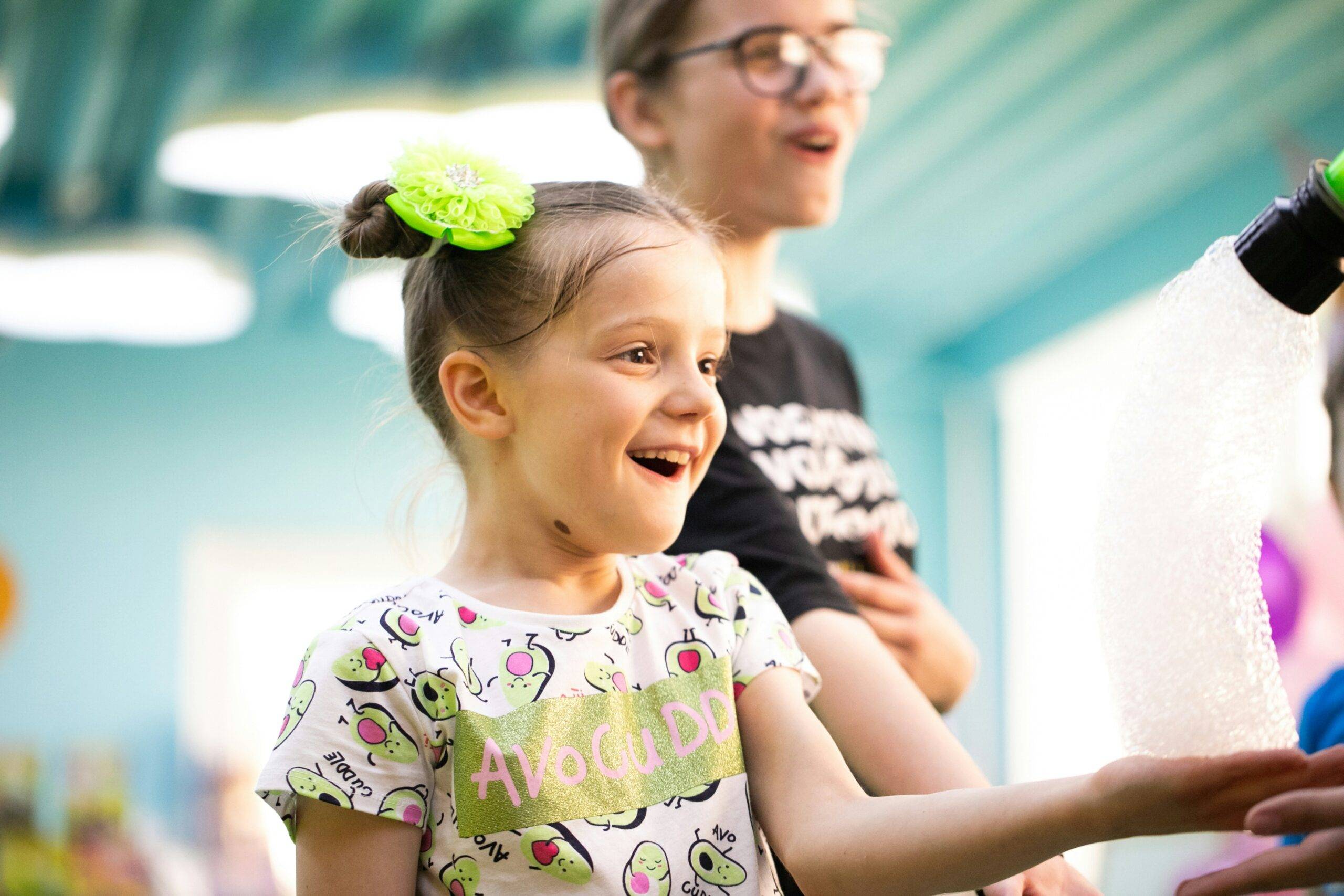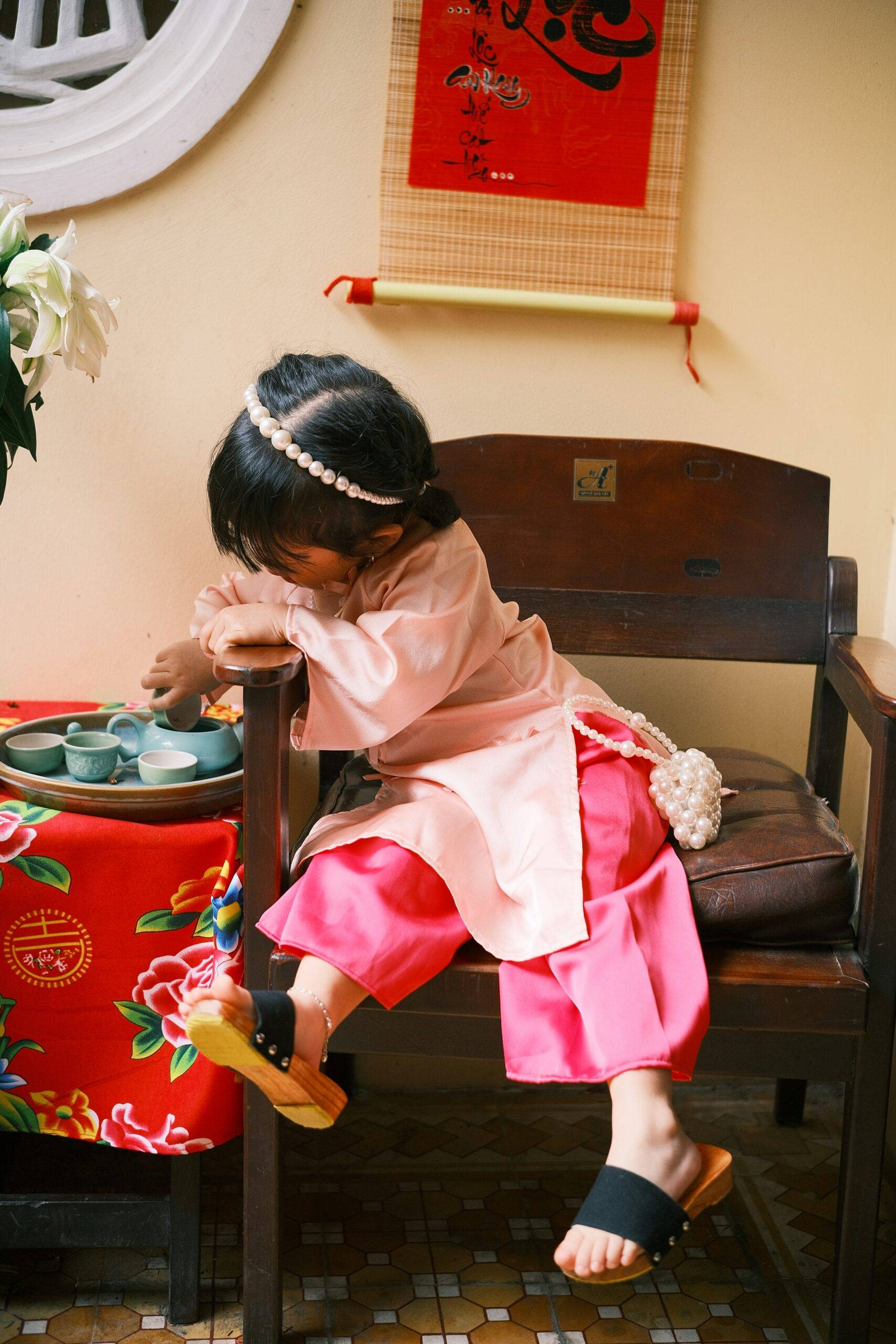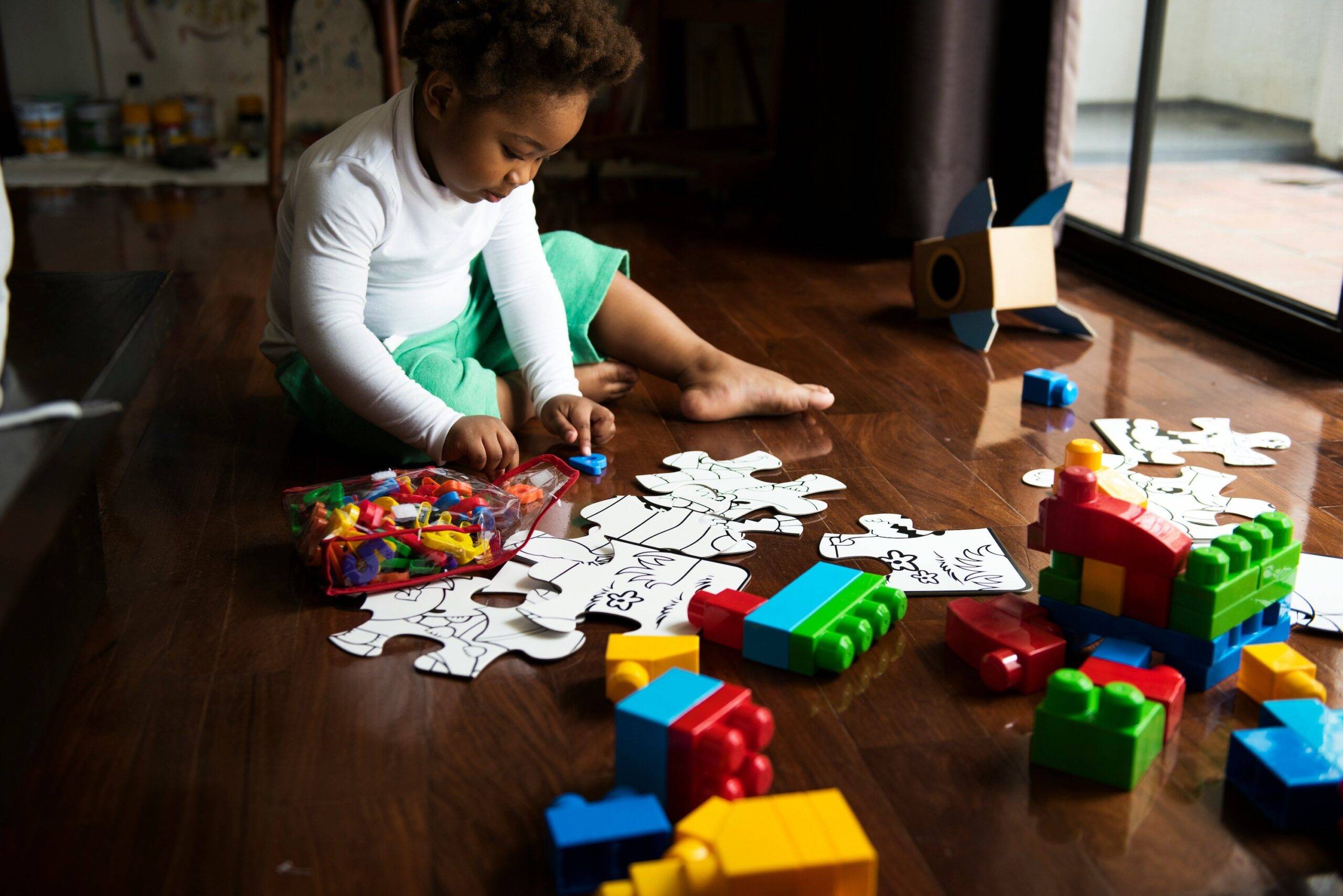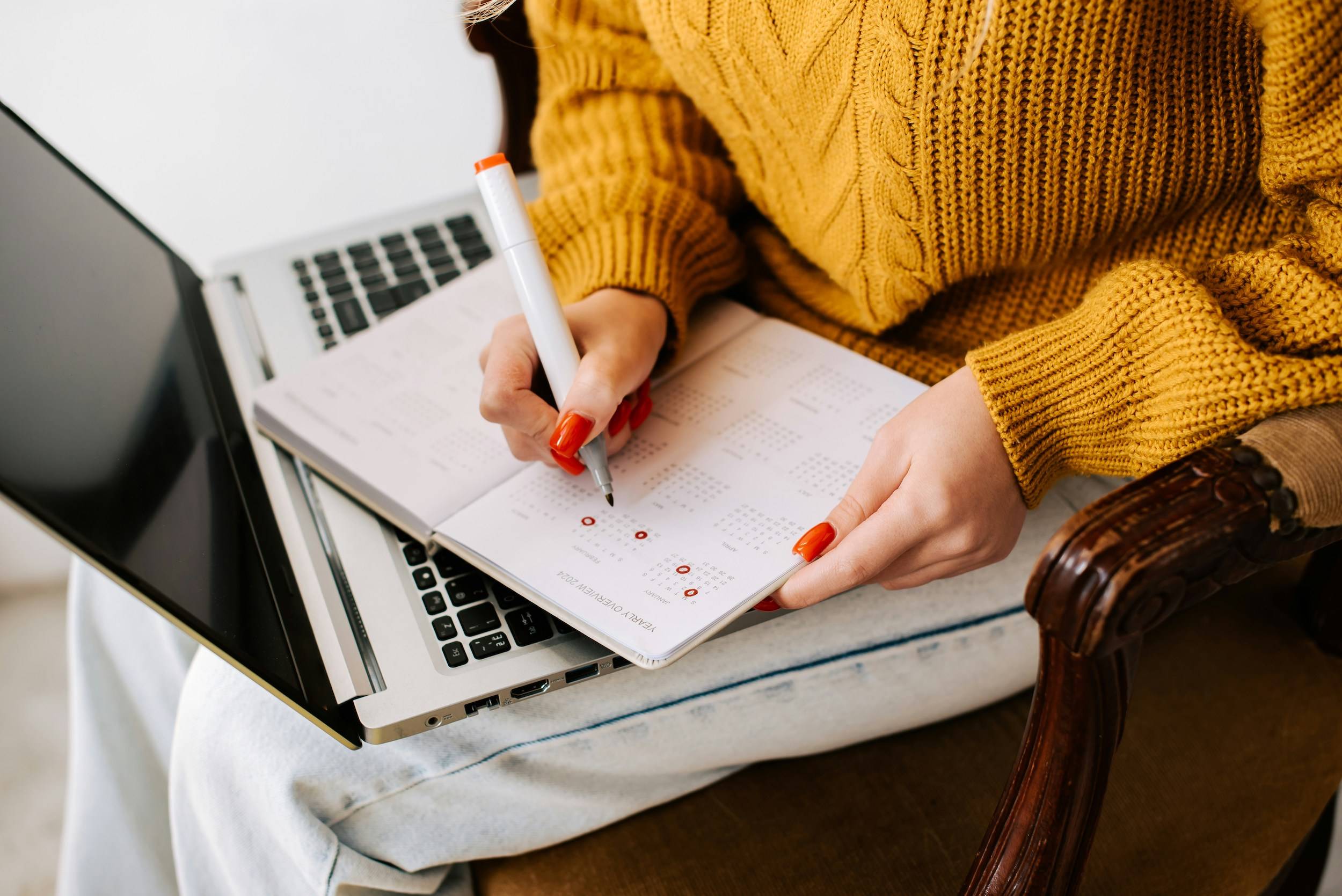Some of the links below may be affiliate links. This means that, at zero cost to you, I will earn an affiliate commission if you click through the link and finalise a purchase. All product recommendations are products that I have used and loved, or products that I would recommend based on experience.
Covid-19 Learning Opportunities
Not only has Covid caused much distress in all our lives, but it has also highlighted the lack of curiosity and desire for information from many. Over the past several weeks I have been astounded, dismayed, and frustrated at the general lack of curiosity not only in the children I teach as I try to cajole them into asking questions and explore their strengths, abilities and thinking about themselves and the world around them, but in adults too.
Just last week I encountered one masked young student clinging to his mother afraid to let her go. I asked if I might be of assistance. It turned out that he was afraid of what could happen to him and his family as there was a Covid positive case at his brother’s high school. I’m certain there are many more frightened children and families whose anxiety levels around Covid-19 are escalating, especially in places where governments are peddling fear and mandates.
What might fear around Covid-19 have to do with curiosity you might ask?
Well, a curious person has questions. A curious person hypothesises. A curious person searches for answers to those questions. A curious person challenges the commonly held view and explores the possibility that there may be other answers or explanations.
This child simply needed reassurance that everything will be ok. A positive take on what is an angst driven narrative and situation. With facts and the backing of scientific research data, we are better placed to make accurate assessments and judgements around not only this pandemic, but any situation we may encounter in life. I informed this child and his mum, that as a healthy young person, the chances of him contracting the virus and becoming severely ill from it, are very slight. The statistics prove this. When you take emotion out of the equation and stick to the facts, everything becomes much more palatable, and sure enough he was able to separate from his mum and return to class with a more positive mindset. Of course had he been a child with an autoimmune disease or from a family struggling with an autoimmune disease, then my response would have been very different.
What is the lesson to learn here?
Take the time to be informed on Covid-19 by reading widely
If we as adults take the time to inform ourselves, to read widely – not just Facebook where the algorithm in your feed, supplies you with more of what you already believe – then we are better placed at looking objectively at a subject, exploring more around it, and making well-informed judgements that are more than likely going to make us feel uncomfortable because they may challenge our current view.
Isn’t that better than just accepting whatever we are told and fed by the mainstream media? To think for ourselves and not simply accept a commonly held narrative?
There was a time when reading the newspaper or listening to the news provided you with unbiased facts, unfortunately every newspaper and television station now has a bias. They are either left or right leaning.
So, what are we to do? My view is to take the left and right out of the equation and to look at the facts. Dig deeply, find out, explore not just one article but several from all sides and then decide what your viewpoint is. An essay in the Journal of Pastoral Care & Counseling on how Covid-19 has provided an opportunity for curiosity and humility, is an informative and interesting read https://journals.sagepub.com/doi/pdf/10.1177/1542305020952532
Demonstrate curiosity and a love of learning
If parents demonstrate being curious, asking questions and searching for answers, then children too will develop the skill of curiosity and enjoy the process of finding out and searching for answers. If we all took the time to have conversations around our questions and anxieties, and then together create families and communities where curiosity and inquiry were highly valued, I think this would go a long way to lessening the grip of fear and instilling a real love of learning which in turn will have a positive impact not only on our lives, but for future generations too.
While curiosity is the motivating force that leads you to seek out new information, love of learning refers to the desire to hold on to and deepen that information.
The curious person is motivated by the pursuit of knowledge; the person who loves learning is motivated by the expansion of their fund of knowledge.
Where curiosity is often associated with a great deal of energy and a drive to gather information, the lover of learning is often more contemplative. Love of learning describes the way in which a person engages new information and skills.
Love of learning is a strength that teachers would like to see in their students, parents want to encourage in their children, therapists support in their clients, and employers try to foster in their employees.
It has important motivational consequences because it helps people persist through challenges, setbacks, and negative feedback.
Source: https://www.viacharacter.org/character-strengths/love-of-learning
Conclusion
There is no denying the dangers of Covid-19, especially in the beginning with the very first variant. However, there is also much misinformation. Reading widely, being curious and questioning the narrative, will certainly bring a new perspective.
If you have found this post informative or interesting, please share it using the share buttons below, and subscribe below to Get Curious, my inspirational weekly newsletter for curious educators.
